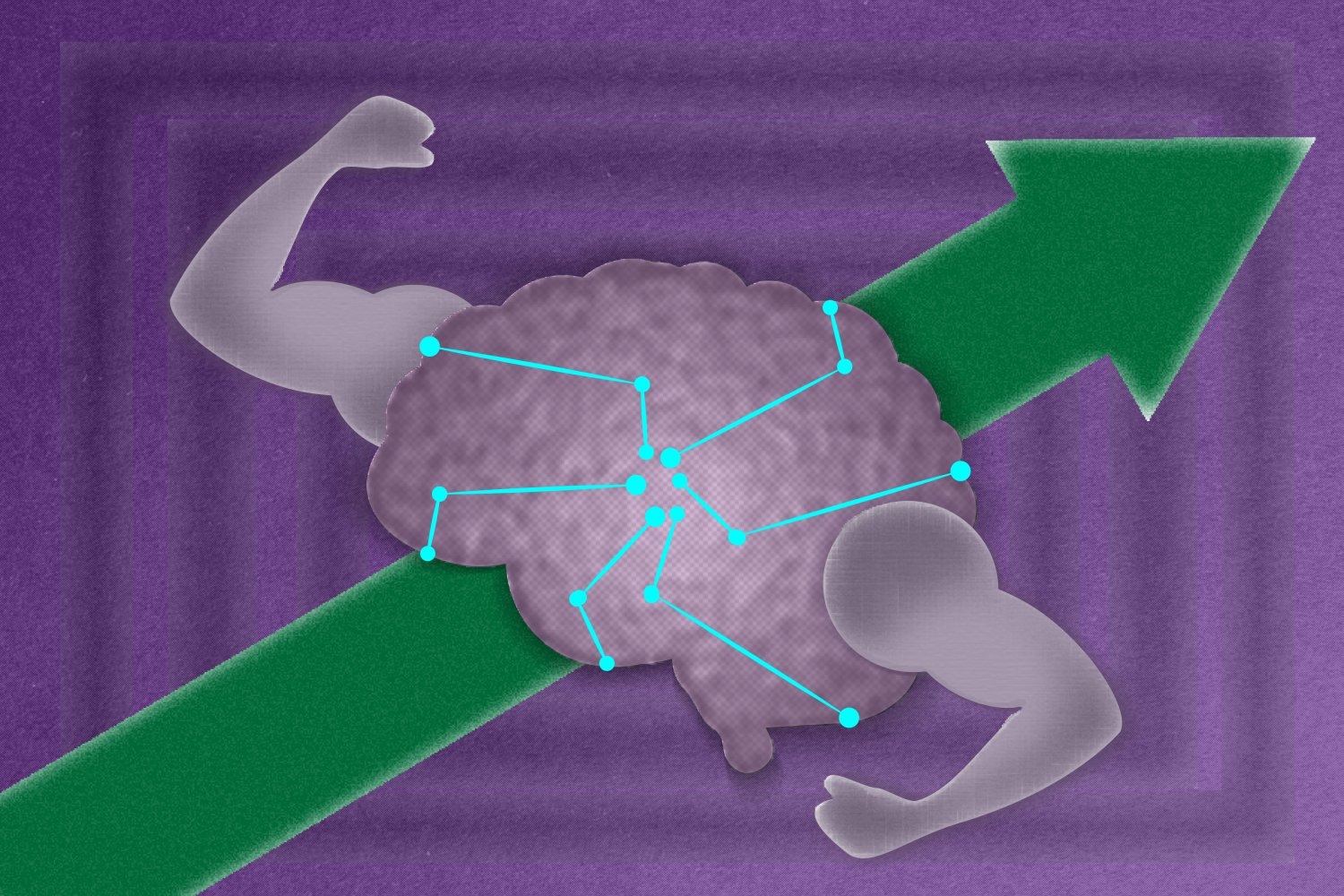Protecting the Neural Networks against FGSM Attack Using Machine Unlearning
PositiveArtificial Intelligence
Researchers are making strides in enhancing the security of neural networks against adversarial attacks, specifically the Fast Gradient Sign Method (FGSM). This method, which manipulates input data to deceive models, poses a significant threat to machine learning applications. The innovative approach of 'machine unlearning' allows models to be retrained on original data, effectively countering these attacks. This development is crucial as it not only improves the reliability of predictive models but also boosts confidence in deploying AI systems in sensitive areas.
— via World Pulse Now AI Editorial System

